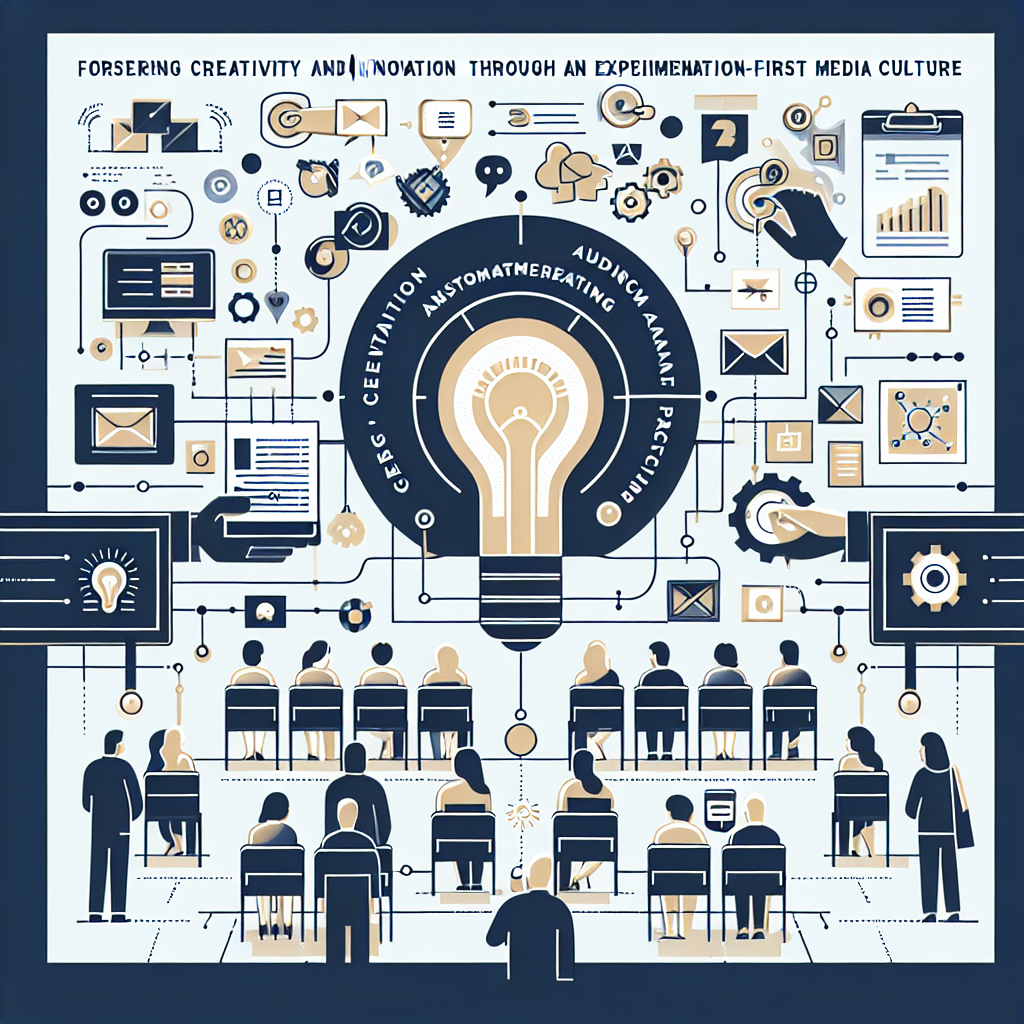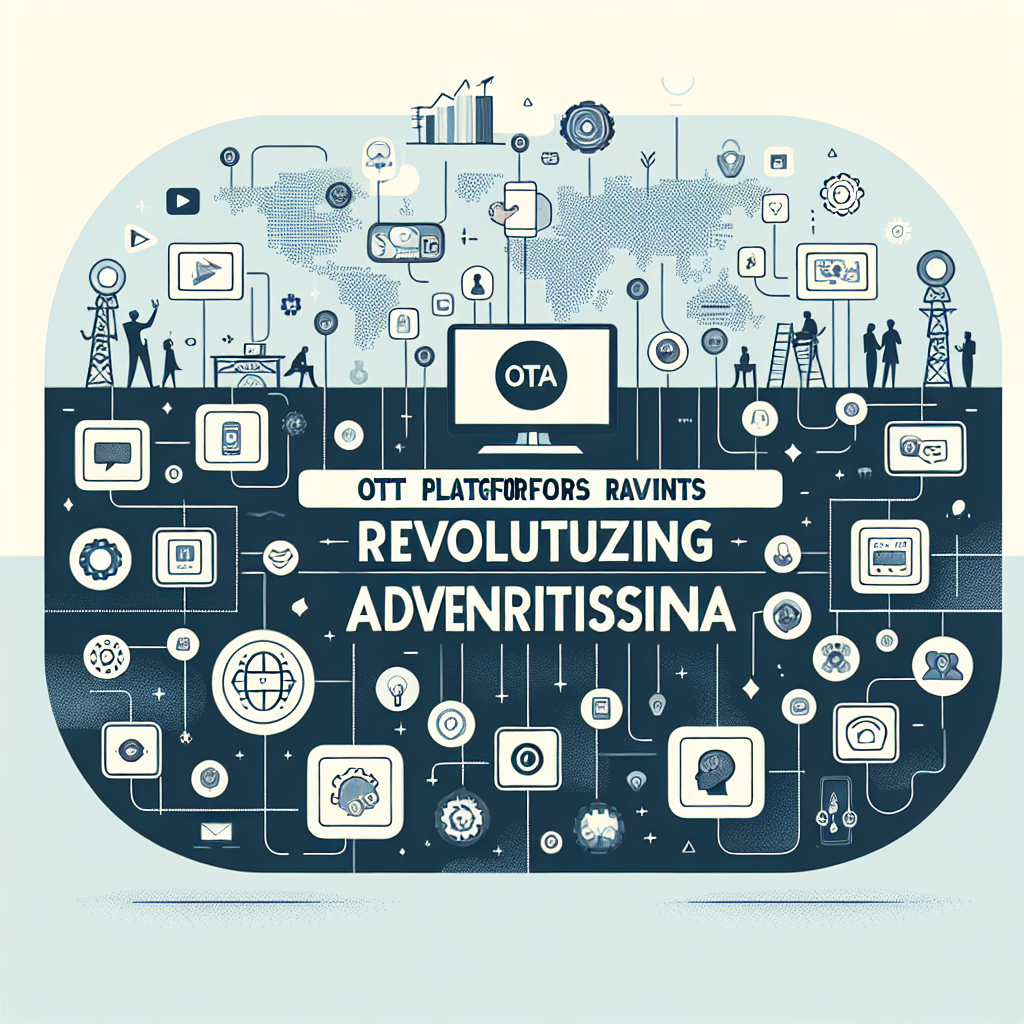Experimentation-First Media Culture
During a recent strategy session with Rachel, the head of digital marketing at a leading e-commerce platform, she shared an insight that completely transformed my understanding of modern marketing approach. Rather than presenting polished campaign proposals backed by extensive research and creative development, Rachel's team had restructured their entire planning process around systematic experimentation. She explained how every marketing initiative now begins as a hypothesis to be tested, with budget allocation determined by experimental results rather than intuition or historical performance. What struck me most was learning that their most successful campaign of the year, which generated over 400% return on ad spend, had started as a small-scale experiment that challenged conventional wisdom about their target audience behavior.
The shift toward experimentation-first marketing represents a fundamental transformation in how organizations approach media planning, budget allocation, and campaign development. This methodology transforms marketing from an art-based discipline relying on experience and intuition into a science-driven process that prioritizes measurable learning over immediate results.
Research from the Harvard Business Review indicates that companies implementing experimentation-first approaches achieve 126% higher revenue growth compared to traditional marketing organizations. This transformation requires restructuring team processes, budget allocation mechanisms, and success metrics to prioritize learning velocity over campaign perfection.
1. Every Plan Equals a Set of Tests
The foundational principle of experimentation-first culture involves restructuring all marketing activities as testable hypotheses rather than predetermined strategies. This approach transforms campaign development from creative exercise into scientific methodology that prioritizes measurable learning over intuitive decision-making.
Hypothesis-Driven Planning Framework
Modern marketing organizations are adopting structured hypothesis development processes that transform creative ideas into testable propositions. This involves defining clear success metrics, establishing control groups, and creating measurable outcomes that can inform future strategy decisions.
The framework requires marketers to articulate specific assumptions about audience behavior, channel effectiveness, and creative approaches before campaign launch. These hypotheses become the foundation for experimental design, ensuring that every marketing activity generates actionable insights regardless of immediate performance outcomes.
Experimental Design Methodologies
Effective experimentation requires sophisticated understanding of statistical significance, sample size requirements, and variable control to ensure that test results provide reliable insights for future decision-making. This involves developing expertise in A/B testing, multivariate analysis, and cohort studies that can isolate the impact of specific marketing variables.
The experimental design process must account for external factors that could influence results, including seasonal variations, competitive activity, and market conditions. This requires creating controlled testing environments that can accurately attribute performance outcomes to specific marketing interventions.
Learning Documentation Systems
Systematic experimentation generates vast amounts of data that must be organized, analyzed, and shared across marketing teams to maximize learning impact. This requires developing comprehensive documentation systems that capture not only successful experiments but also failed tests that provide valuable insights for future campaigns.
The documentation process should include detailed experimental parameters, performance results, and strategic implications that inform future hypothesis development. This creates institutional knowledge that compounds over time, enabling organizations to build increasingly sophisticated understanding of audience behavior and channel effectiveness.
2. Budget 10–20% for Experiments
Strategic budget allocation for experimentation requires balancing proven strategies with innovative approaches that could unlock new growth opportunities. This allocation model ensures continuous learning while maintaining performance stability across established marketing channels.
Experimental Budget Framework
The experimental budget allocation should be structured to support various types of testing, from low-risk incremental improvements to high-risk innovative approaches that could fundamentally transform marketing effectiveness. This requires developing portfolio approaches that balance different risk levels and learning objectives.
The budget allocation process should prioritize experiments with the highest potential learning value rather than immediate return on investment. This involves evaluating experimental opportunities based on their ability to generate insights that could inform broader marketing strategy rather than short-term performance outcomes.
Resource Allocation Optimization
Effective experimentation requires dedicated resources including analytical capabilities, creative development, and project management that can support rapid testing cycles without disrupting established marketing operations. This involves creating specialized teams or processes that can quickly design, implement, and analyze experimental campaigns.
The resource allocation should include investment in technology platforms that enable efficient experiment management, real-time performance monitoring, and rapid iteration based on preliminary results. This infrastructure enables organizations to maximize learning velocity while minimizing experimental costs.
Risk Management in Experimentation
Experimental budget allocation requires sophisticated risk management that protects core business performance while enabling innovative testing. This involves establishing clear parameters for experimental scope, performance thresholds that trigger intervention, and escalation procedures for experiments that could impact broader marketing effectiveness.
The risk management framework should include safeguards that prevent experimental activities from disrupting established customer relationships or brand perception. This requires careful consideration of experimental scope, audience selection, and monitoring procedures that can quickly identify and address potential issues.
3. Build Learning Loops
The ultimate value of experimentation-first culture lies in creating continuous learning systems that compound insights over time, enabling organizations to build increasingly sophisticated understanding of audience behavior and marketing effectiveness.
Continuous Learning Architecture
Building effective learning loops requires systematic processes for capturing experimental insights, analyzing performance patterns, and incorporating learnings into future strategy development. This involves creating feedback mechanisms that connect experimental results to strategic decision-making processes.
The learning architecture should include regular review cycles that evaluate experimental outcomes, identify successful patterns, and adjust overall marketing strategy based on accumulated insights. This creates dynamic strategy development that evolves based on evidence rather than assumptions.
Knowledge Management Systems
Effective learning loops require sophisticated knowledge management systems that can organize, analyze, and share experimental insights across marketing teams and organizational levels. This involves developing databases that capture not only successful experiments but also failed tests that provide valuable insights for future campaigns.
The knowledge management process should include analytical capabilities that can identify patterns across multiple experiments, predict successful approaches based on historical data, and recommend optimization strategies based on accumulated learning. This creates institutional intelligence that improves over time.
Organizational Learning Culture
Successful experimentation-first approaches require cultural transformation that celebrates learning over immediate success, encourages risk-taking within defined parameters, and rewards teams for generating valuable insights regardless of campaign performance outcomes.
This cultural shift requires leadership commitment to long-term learning over short-term results, training programs that develop experimental capabilities across marketing teams, and performance evaluation systems that recognize learning contributions alongside traditional marketing metrics.
Performance Measurement Evolution
Traditional marketing metrics focused on immediate performance outcomes must evolve to include learning velocity, experimental success rates, and insight generation that contribute to long-term marketing effectiveness. This requires developing new measurement frameworks that capture the value of knowledge creation alongside traditional return on investment calculations.
The measurement evolution should include metrics that assess experimental quality, learning impact, and strategic value creation that inform future marketing decisions. This creates comprehensive evaluation systems that recognize both immediate performance and long-term capability development.
Case Study: Airbnb's Experimentation-Driven Growth Strategy
Airbnb's systematic approach to experimentation-first marketing demonstrates the transformative potential of learning-focused campaign development. Facing the challenge of scaling customer acquisition across diverse global markets with varying cultural preferences and booking behaviors, Airbnb restructured their entire marketing organization around continuous experimentation.
The implementation involved creating dedicated experimentation teams responsible for testing everything from creative approaches and channel strategies to pricing models and user experience optimizations. Rather than relying on best practices or industry benchmarks, every marketing decision became a testable hypothesis with clearly defined success metrics.
Airbnb allocated 15% of their marketing budget specifically for experimental activities, with additional resources dedicated to analytical capabilities and learning infrastructure. The experimental framework included rapid testing cycles, statistical significance requirements, and systematic documentation of all results regardless of performance outcomes.
The experimentation approach enabled Airbnb to discover counterintuitive insights about their target audiences, including finding that user-generated content significantly outperformed professional photography in certain markets, and that pricing transparency increased conversion rates more than promotional discounts.
The results exceeded all expectations. Airbnb's experimentation-driven approach contributed to 340% growth in customer acquisition efficiency while reducing overall marketing costs by 23%. Most significantly, the learning accumulated through systematic experimentation enabled Airbnb to successfully enter new markets with proven strategies rather than starting from scratch with each expansion.
The success led to expanded experimentation across all business functions, with the marketing learning loops informing product development, customer service optimization, and strategic planning processes throughout the organization.
Call to Action
Marketing leaders looking to implement experimentation-first cultures should begin by restructuring planning processes around testable hypotheses rather than predetermined strategies. Success requires investment in analytical capabilities, experimental infrastructure, and cultural transformation that prioritizes learning over immediate performance outcomes.
The future belongs to organizations that can systematically generate and apply marketing insights at scale, creating competitive advantages through superior understanding of audience behavior and channel effectiveness. This requires building learning organizations that compound knowledge over time, enabling increasingly sophisticated marketing strategies that drive sustainable growth through evidence-based decision making.
Featured Blogs
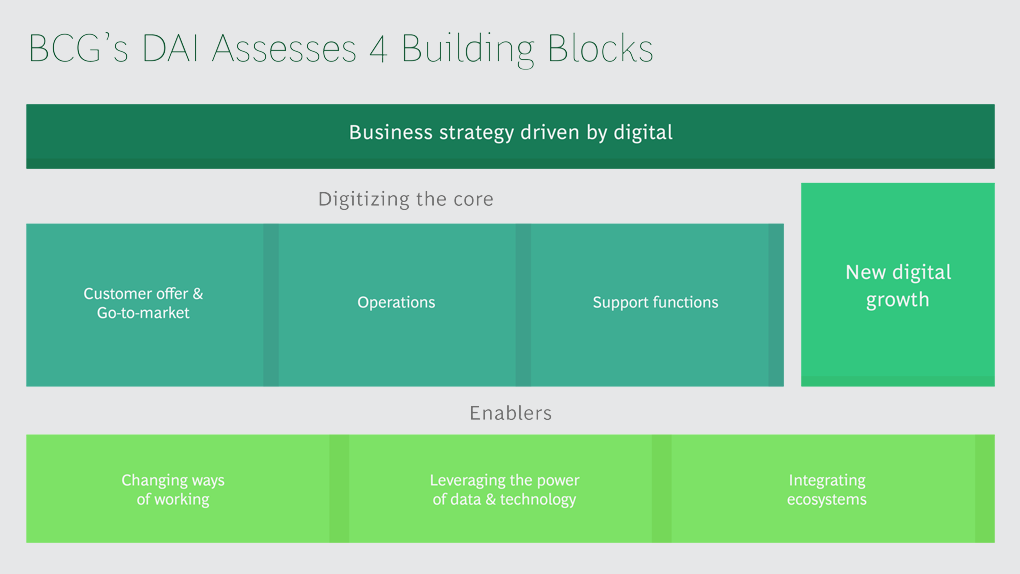
BCG Digital Acceleration Index
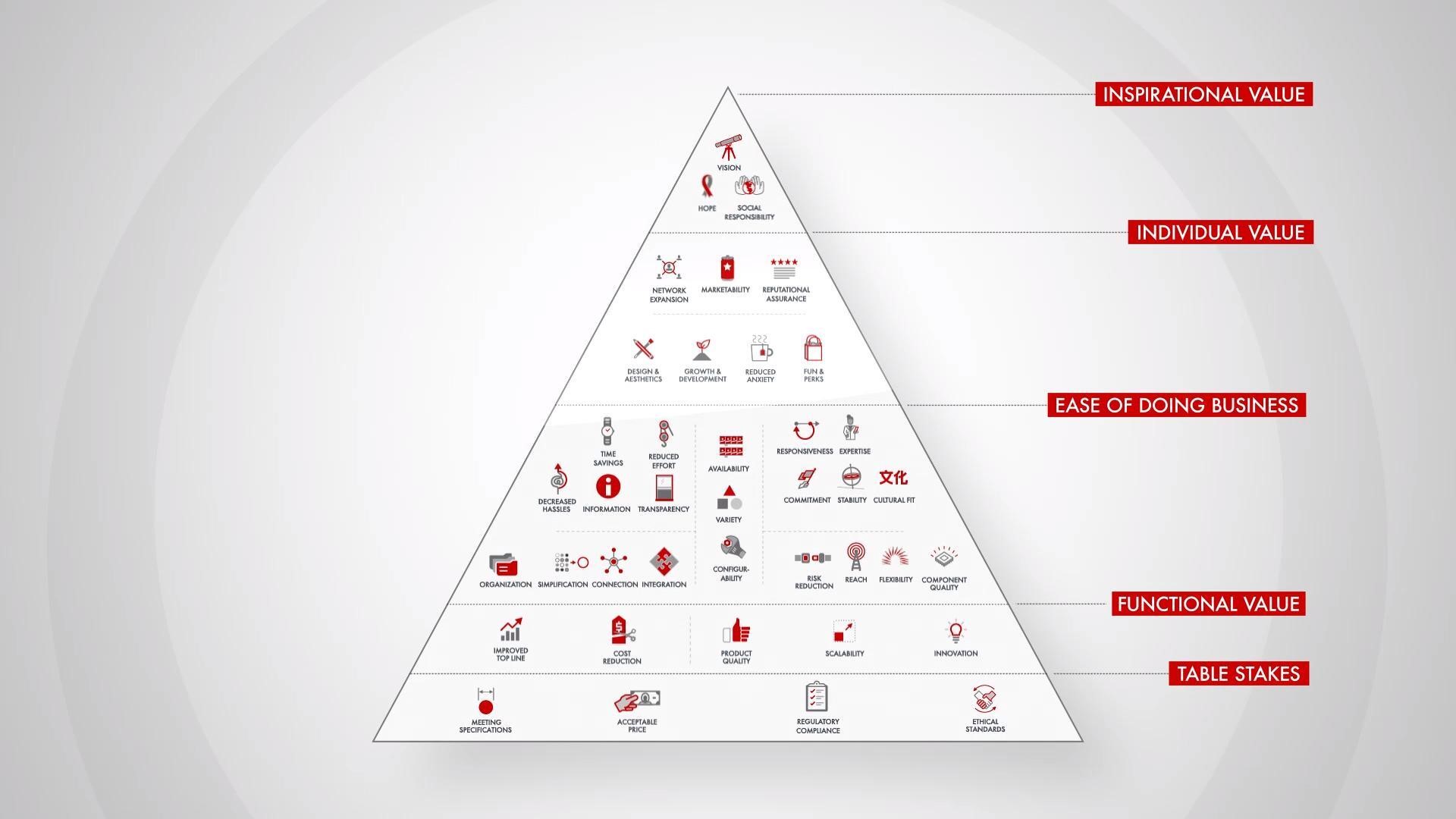
Bain’s Elements of Value Framework
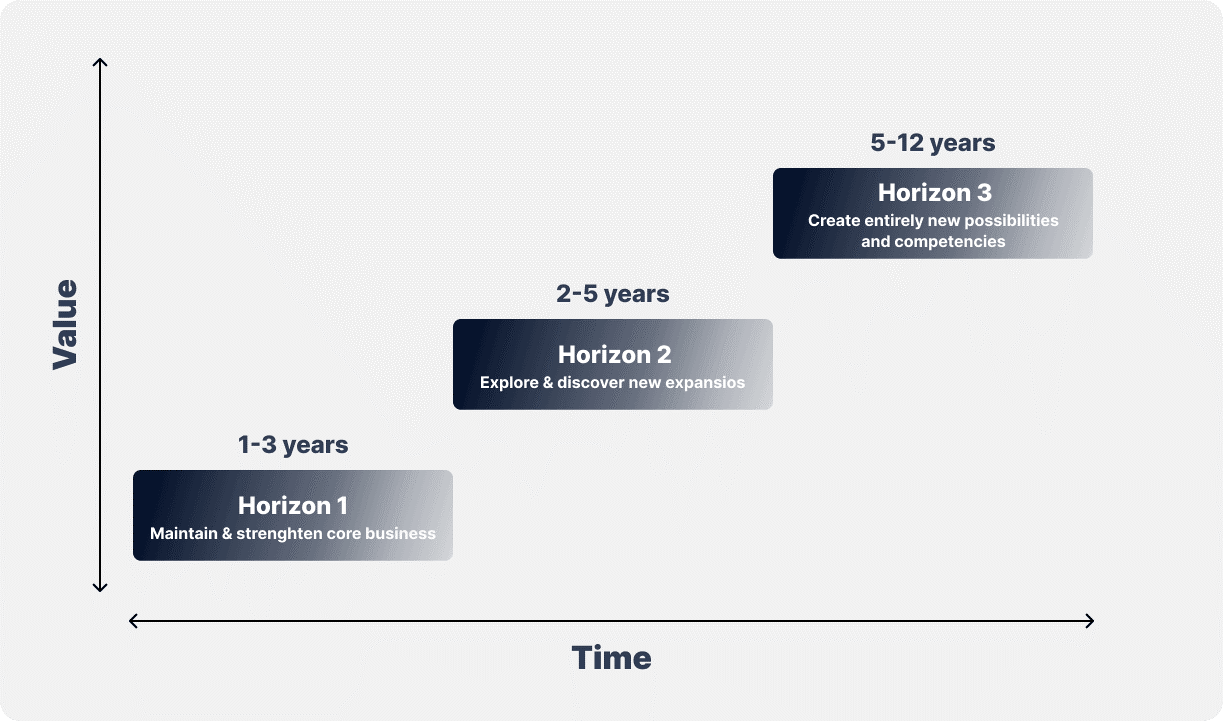
McKinsey Growth Pyramid
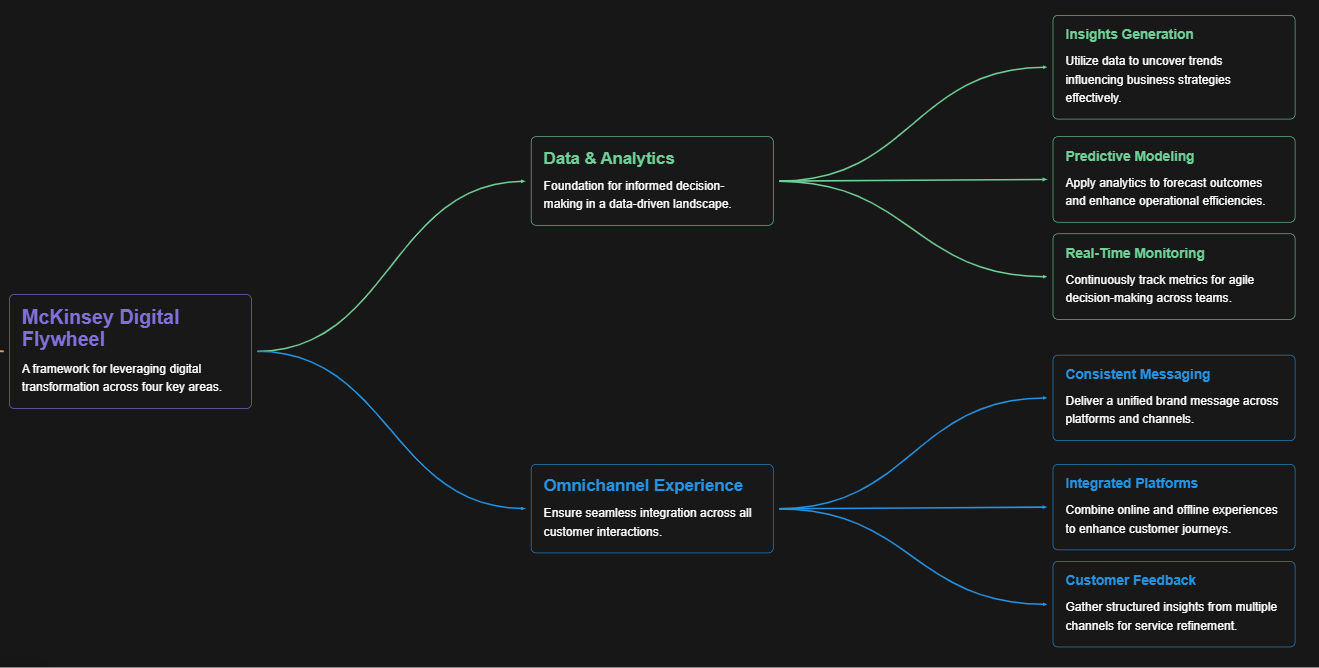
McKinsey Digital Flywheel
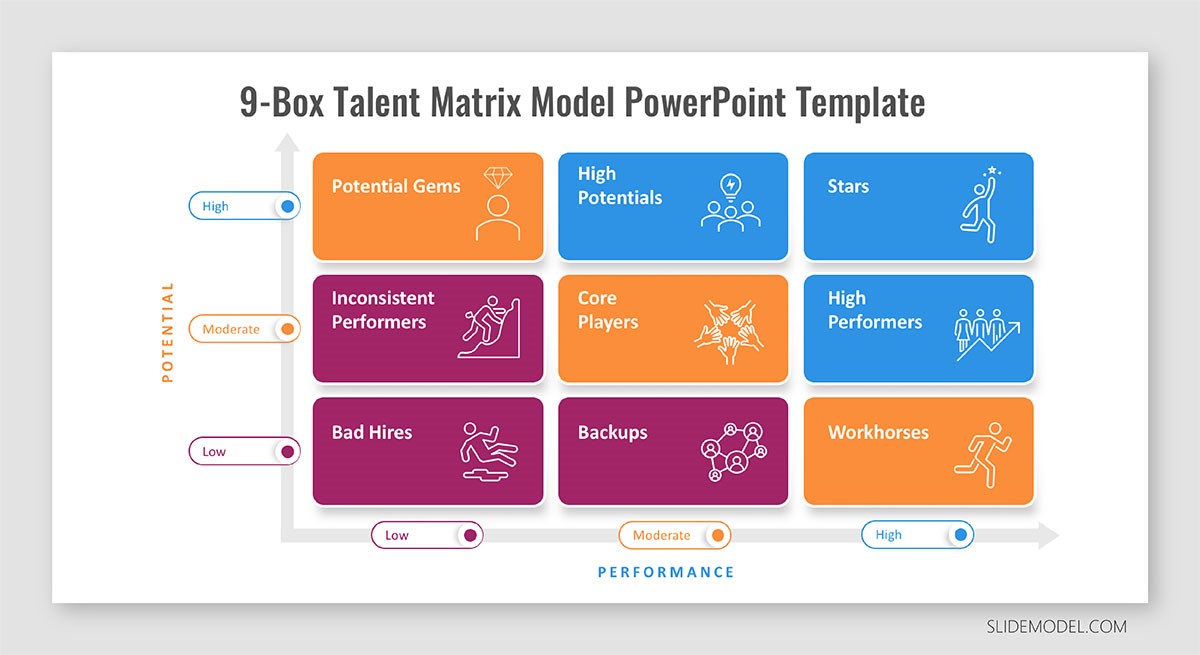
McKinsey 9-Box Talent Matrix
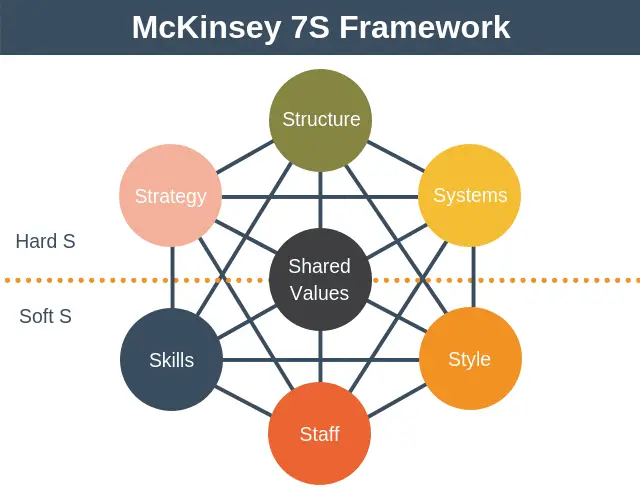
McKinsey 7S Framework
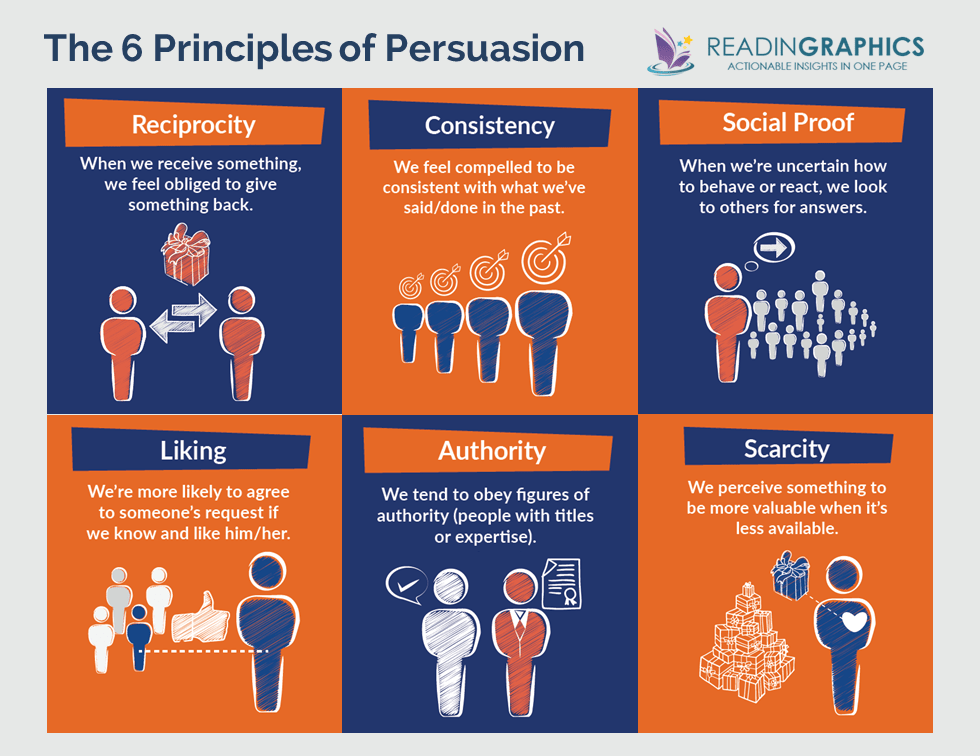
The Psychology of Persuasion in Marketing
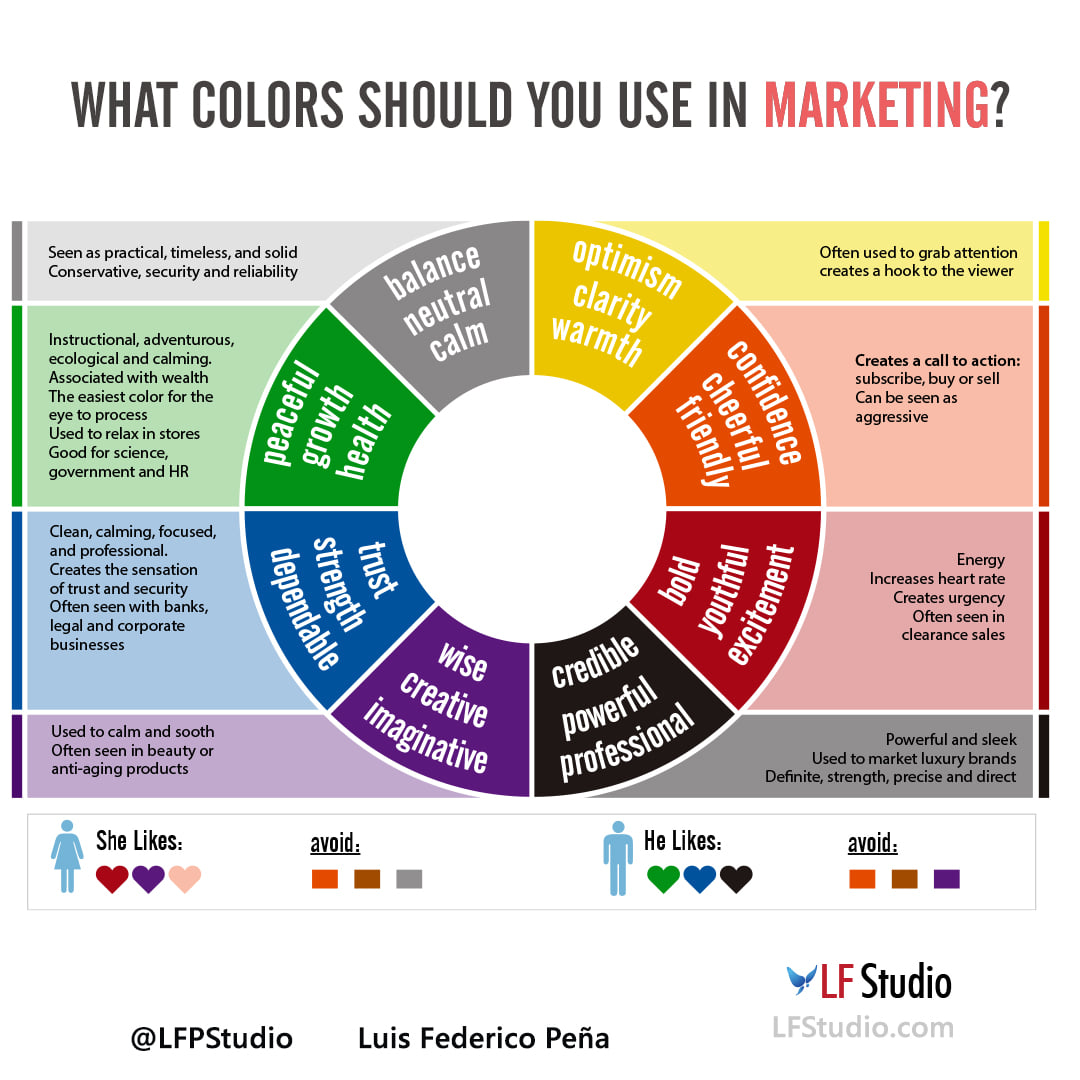
The Influence of Colors on Branding and Marketing Psychology


